Tensions, mistakes, and diplomacy: Abdulaziz Kamilov on Central Asia’s turning point
Abdulaziz Kamilov, Special Representative of the President of Uzbekistan, recalled a time when tensions with neighboring countries escalated to the point where military conflict seemed inevitable. “Had the situation continued in that direction, military confrontation would have been a real possibility,” said the former foreign minister. “To be honest, we also created some of those problems with our own hands. If these issues hadn’t been resolved, it could have led to very serious consequences,” he added.
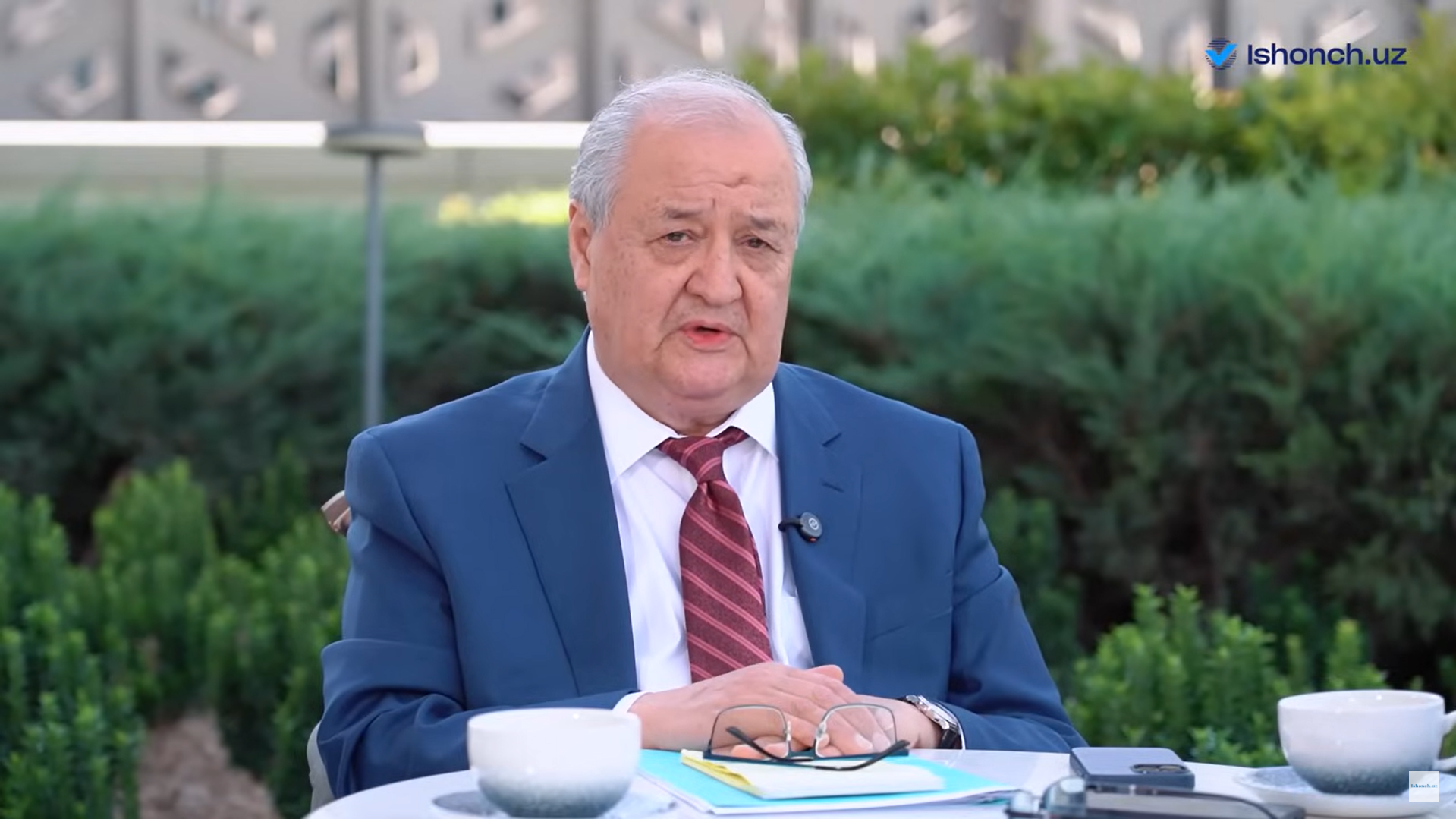
Photo: Ishonch.uz
In an interview with Ishonch.uz, Kamilov — who currently serves as Deputy Secretary of the Security Council under the President and as Special Representative for Foreign Policy — reflected on the history of cooperation and relations among Central Asian countries, drawing from his long experience as Uzbekistan’s foreign minister.
“We are living in a very dangerous world today — a world where it’s impossible to predict the consequences of ongoing events and conflicts,” Kamilov said. “We all recently witnessed a sharp escalation between India and Pakistan in our neighboring region. Some observers even asked, ‘Will these two countries use nuclear weapons if a major war breaks out?’ This is an extremely dangerous development.”
Kamilov emphasized the need to continually strengthen ties with neighboring countries to avoid such threats. “Take the Middle East, for example. Despite numerous negotiations, meetings, and international involvement, dozens — even hundreds — of people continue to die every day,” he said.
He pointed out that since World War II, there have been no major military confrontations in the post-Soviet space — until recently. “We are now witnessing the use of modern weapons and large-scale casualties every week. This raises a critical question: who is involved in these conflicts and confrontations? Most of the time, they are between neighboring states.”
Reflecting on Uzbekistan’s own experience, Kamilov said, “In 2016–2017, when our relations with neighboring countries had sharply deteriorated, we found ourselves at a critical juncture. Had the situation remained unchanged, armed conflict was likely.”
Recognizing this, President Shavkat Mirziyoyev prioritized Central Asia in Uzbekistan’s foreign policy agenda from the start of his presidency.
“Why was this necessary? Because many problems had accumulated over the years — and, to be frank, we had also contributed to some of them ourselves. If those issues had not been addressed, the outcome could have been disastrous,” he said.
Kamilov highlighted President Mirziyoyev’s initiative to hold regular consultative meetings with leaders of Central Asian countries — an initiative that has received broad support. “Over the past 6–7 years, we have managed to resolve some extremely complex, difficult, and sensitive issues.”
He added that Tashkent is preparing to host the seventh Central Asia summit this autumn. “Today, the Central Asian region is presenting itself on the international stage as a legitimate geopolitical actor,” Kamilov concluded.
Related News
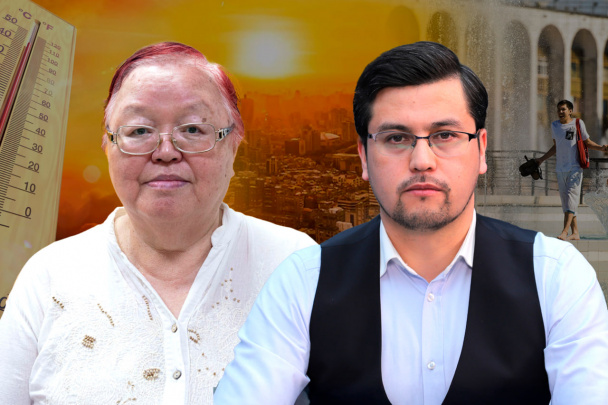
12:10 / 26.07.2025
Extreme heat could slash Central Asia’s GDP and overwhelm public services
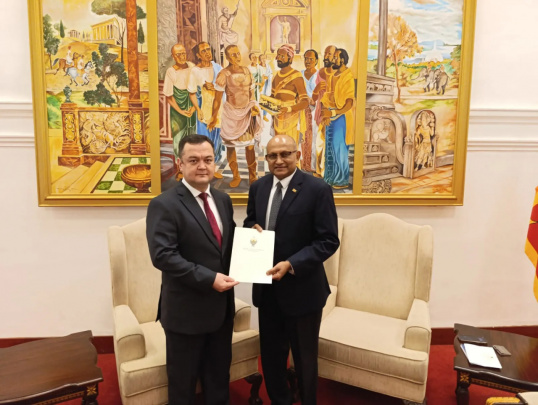
13:32 / 24.07.2025
Uzbekistan appoints its first ambassador to Sri Lanka
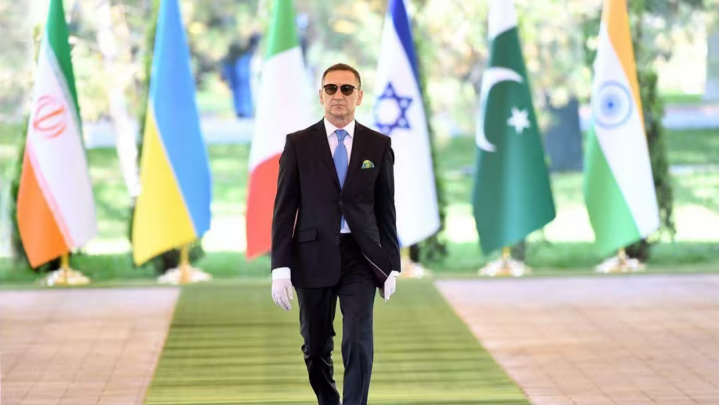
17:37 / 21.07.2025
Zelensky recalls ambassador to Uzbekistan as part of diplomatic rotation
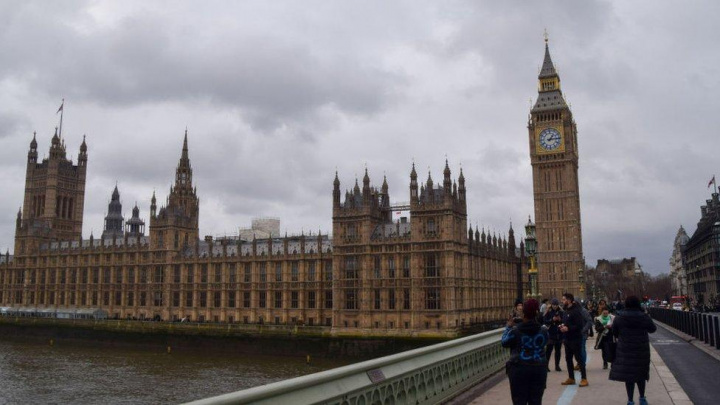
21:06 / 17.07.2025



